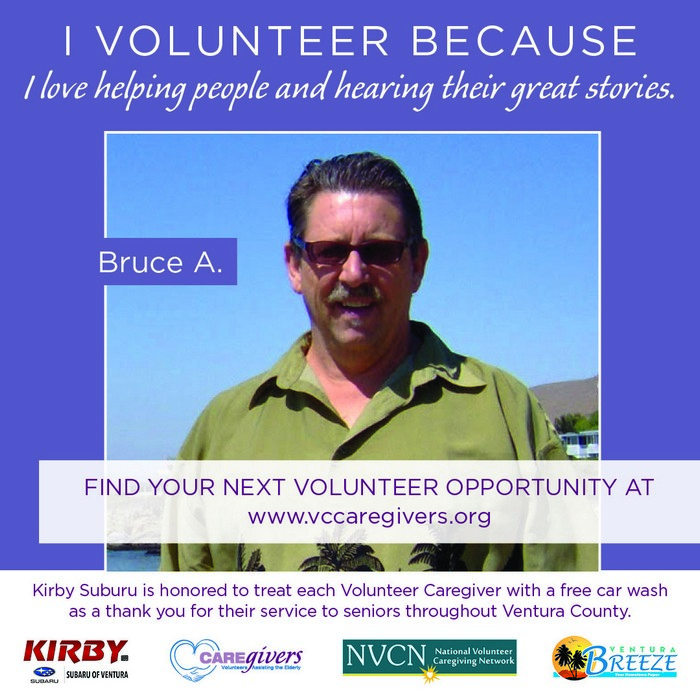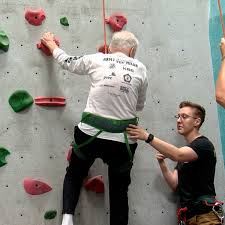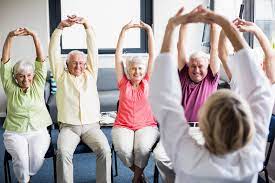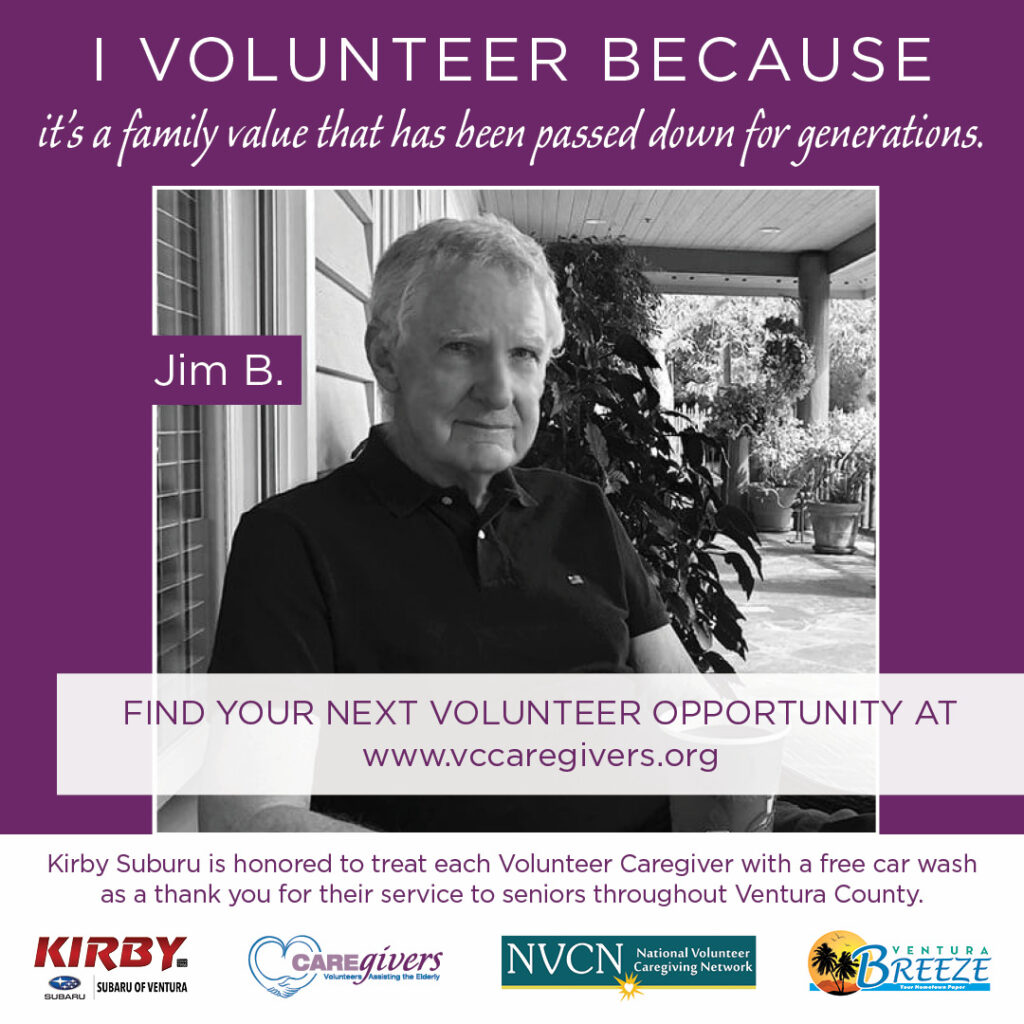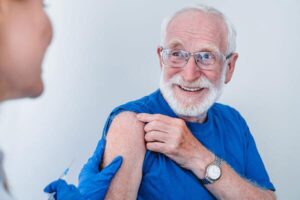
Although depression is common in older adults, it can be difficult to recognize. For some older adults with depression, sadness is not their main symptom. Instead, they might feel numb or uninterested in activities and may not be as willing to talk about their feelings. Depression not only affects mental health, but also physical health. A review article funded by the National Heart, Lung, and Blood Institute summarizes hundreds of studies from around the world showing that depression increases risk of heart disease and metabolic disorders. Research has also shown that recurrent depression is a risk factor for dementia. In a study of more than 1,000 older adults, scientists found a relationship between the number of depressive episodes and increased risk of developing Alzheimer’s.
Although different than depression, which is a serious medical disorder, mood changes can also influence aging. A 2020 longitudinal study demonstrated a link between positive mood and better cognitive control. Further studies are necessary to determine whether changes that improve mood could improve cognition. The way you think about aging can also make a difference. Research shows that whether you hold negative or positive views about aging may impact health as you age. Negative beliefs about aging may increase undesirable health outcomes, Alzheimer’s disease biomarkers, and cellular aging. Meanwhile, positive beliefs about aging may decrease the risk of developing dementia and obesity.
What can you do?
Depression, even when severe, can be treated. As soon as you begin noticing signs, it’s important to get evaluated by a health care professional. In addition to deep sadness or numbness, lack of sleep and loss of appetite are also common symptoms of depression in older adults. If you think you or a loved one may have depression, start by making an appointment to see your doctor or health care provider. If you are thinking of harming yourself, get help immediately — call the 24-hour 988 Suicide & Crisis Lifeline at 988 or 800-273-TALK (800-273-8255).
